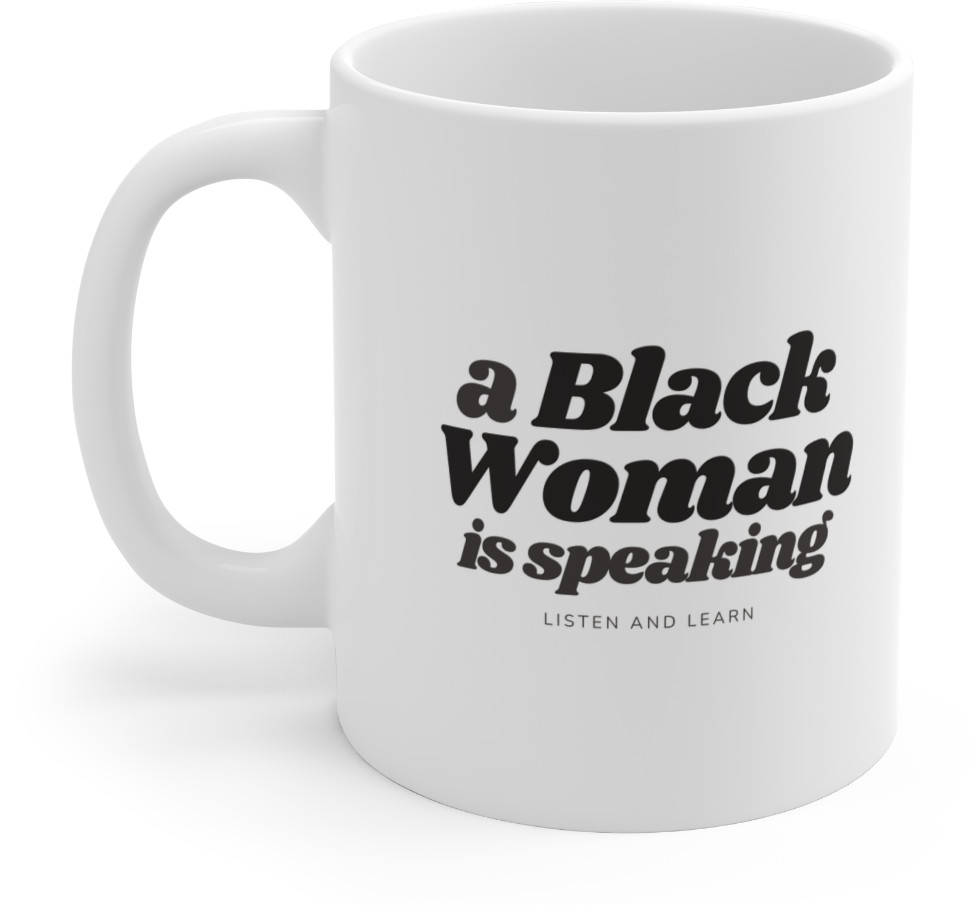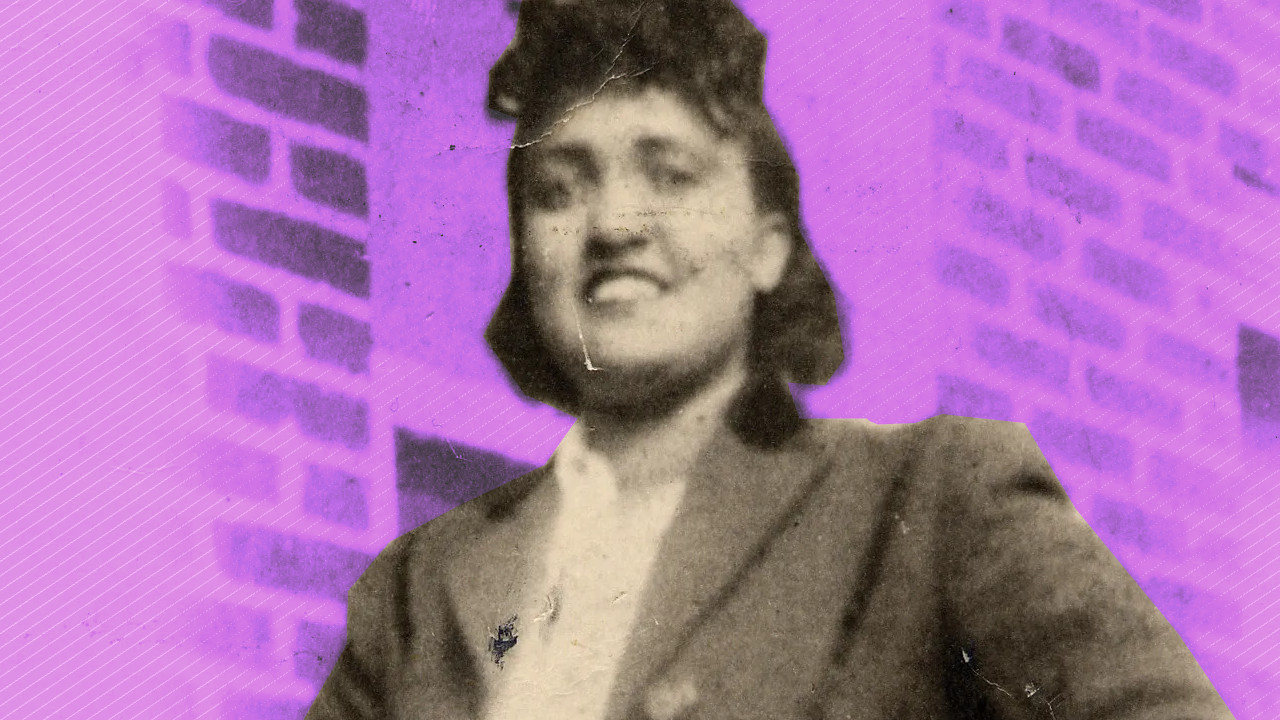Of course it was a Black woman. It usually takes a Black woman to truly break barriers and make entirely new history. And this time, it’s a story that will change the way we think about the human race forever.
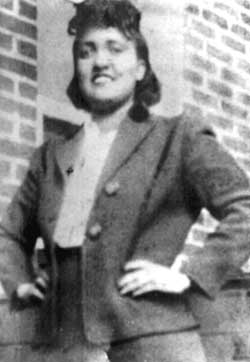
Meet Henrietta Lacks, a Black woman from Virginia who lived from 1920 to 1951. She was a wife, a mother of five, and a tobacco farmer. But she also made a name for herself as the first immortal human being, without even realizing it. That’s because she was somehow born a superhuman whose cells would astound science for decades to come — without anybody even bothering to inform her.
It all started in 1951, when Henrietta was diagnosed with cervical cancer and was treated at Johns Hopkins Hospital in Baltimore. During her treatment, a small sample of her cancer cells were taken without her consent and were used for medical research.
These cells were then multiplied in the lab, as was usual, but these cells stood out from all other cells they had previously studied: they just wouldn’t die. Ever.

Henrietta’s cells became the first human cells that could be kept alive forever, hence the term “immortal.” And you thought Black Girl Magic was just a feel-good self-affirmation!
These cells, now known as HeLa cells, were a huge breakthrough in medical research and paved the way for numerous discoveries in the fields of virology, cancer research, and gene mapping. HeLa cells have been used in the development of polio vaccine, the study of the effects of radiation and toxic substances, and even in cloning research.
Of course, Black people never got a lick of credit for any of the discoveries made with Henrietta’s cells.
And despite the impact of HeLa cells on medical science, Henrietta and her family were completely unaware of the existence of these cells until years after her death. In fact, they were never compensated for the use of her cells in research and were only made aware of their significance in the 1970s when a scientist contacted the family for information about Henrietta’s medical history.
This lack of informed consent and disregard for the rights of Black women was not uncommon during the time period, but it still sparked controversy and raised important questions about the ethics of using human cells for medical research.
However, Henrietta’s story doesn’t end there. In the years following the discovery of HeLa cells, Henrietta’s family and other advocates worked to bring attention to the issue of medical exploitation and the need for informed consent. In 2011, the book The Immortal Life of Henrietta Lacks was published about Henrietta’s life and the impact of her cells on medical research, bringing her story to a wider audience and raising awareness about the issue of informed consent.
Today, Henrietta’s legacy continues to live on through the HeLa cells that are still used in medical research. And while the use of her cells without her consent is a painful reminder of the systemic racism and exploitation faced by Black women in the medical field, Henrietta’s story is also a un-challengable testament to the potent power of #BlackGirlMagic and the impact that one little Black person can have on the world.
Black girl magic has always been about breaking barriers and making history, and Henrietta Lacks is no exception. She may not have lived to see the impact of her cells on medical research, but her legacy lives on and continues to inspire future generations. Her cells will always serve as a reminder of the strength and resilience of Black women and the importance of respecting their rights and autonomy in medical research — into infinity.
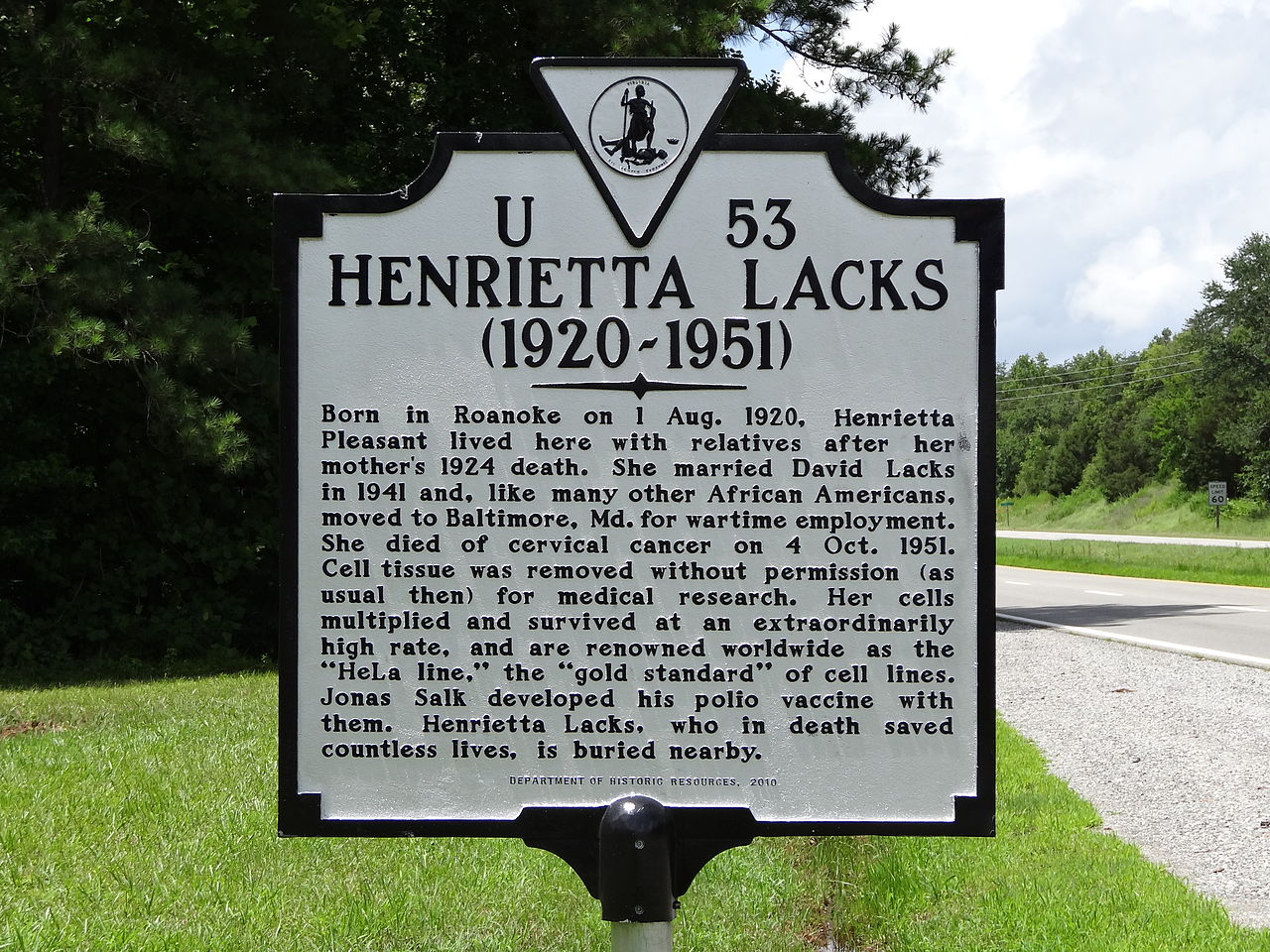
Henrietta Lacks’ story inspires us to continue fighting for justice and ethics in medical research. Let’s make sure that Henrietta’s story is not just a footnote in history, but a call to action to fight for the rights and dignity of all people.
But there's more. Check out these bussin stories:
- Asian Black Latinx Native-American
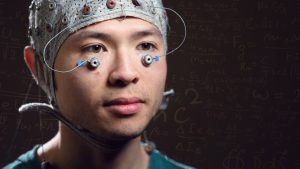 These technologies will end racism in our lifetime And there's nothing you can do about it.
These technologies will end racism in our lifetime And there's nothing you can do about it. - History Money SMH
 Shrink It & Pink It: the sad truth about how tech markets to women Marketing to women hasn't progressed much.
Shrink It & Pink It: the sad truth about how tech markets to women Marketing to women hasn't progressed much. - SMH
 The ‘bodybuilding’ scene is unbearably white—and very dark Young white men failing to meet dating and career standards are increasingly turning to cartoonish body ideals—body ideals requiring exotic steroids that react with white fragility to cause deadly road rage.
The ‘bodybuilding’ scene is unbearably white—and very dark Young white men failing to meet dating and career standards are increasingly turning to cartoonish body ideals—body ideals requiring exotic steroids that react with white fragility to cause deadly road rage.
